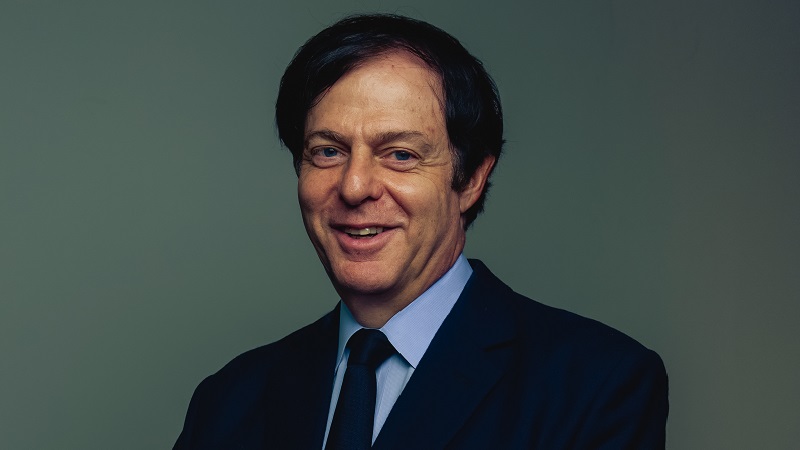Liontrust Asset Management announced today that it is bringing together its global equity teams to provide greater strategic focus over the next few years.
The Global Equity team becomes part of the Global Fundamental team with immediate effect and Robin Geffen, head of the Global Equity investment team, will leave Liontrust in due course.
Geffen (pictured) joined the FTSE 250 firm in October 2019 after it acquired Neptune Investment Management, which he founded in 2002. Before that, he was at Charterhouse J Rothschild, Eagle Star, York Trust plc, Scottish Equitable and Orbitex Investments.
As such, Liontrust’s Global Equity investment team now reports to Tom Record, who is responsible for global equities within the newly enlarged Global Fundamental team.
The exception is the Global Technology Fund, which moves to the Global Innovation team.
Liontrust CEO John Ions said: “We want to thank Robin for his contribution and commitment to managing the funds for investors over the past four years at Liontrust after a long career.
“Global equities are a core asset class for investors and we offer a strong proposition across our investment teams. Tom Record has a long track record, having been an investment manager of international equities since 2004.”
Stick or twist?
Commenting on the news, Nick Wood, head of fund research at Quilter Cheviot, said: “The fund manager merry-go-round continues to spin ever faster, with this week already seeing two high profile exits. Today we heard that Neptune founder Robin Geffen is exiting Liontrust, the firm who bought Neptune in 2019. Geffen remained part of the global team at Liontrust following the acquisition.
“Likewise, Simon Brazier’s departure from Ninety One represents another significant industry departure. In each case, the respective asset managers will point to the broader teams behind these high profile names, but for investors in their funds, especially those that invested largely due to the skills of these individuals, this represents uncertainty.
“There has been an increasing trend of fund manager turnover in recent years and this is ultimately placing difficult decisions onto investors. The option of whether to remain with the fund or move on following a manager departure is always a hard one, and for those with little access to the remaining teams, it may be that switching to a rival fund will be the easy outcome. But the easy one is not always the correct one and it is vital that time is taken to assess replacements and strategies. So long as the fund in question continues to be managed in line with expectations then there may be no need to act at all.”
Wood added: “But as we continue to see further manager changes to funds alongside inevitable industry consolidation, the task of the DIY investor becomes ever harder, with track records needing to be carefully scrutinised to ensure those running the fund have not significantly changed over time.”










